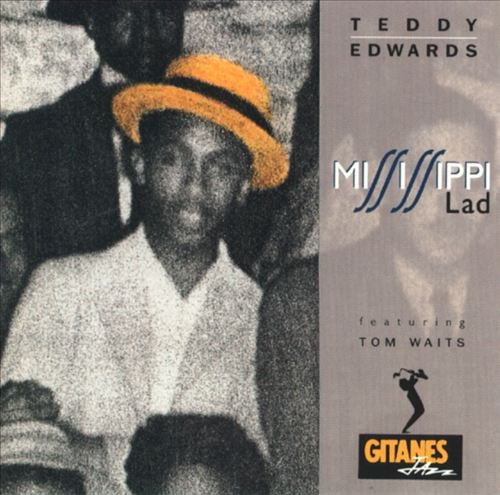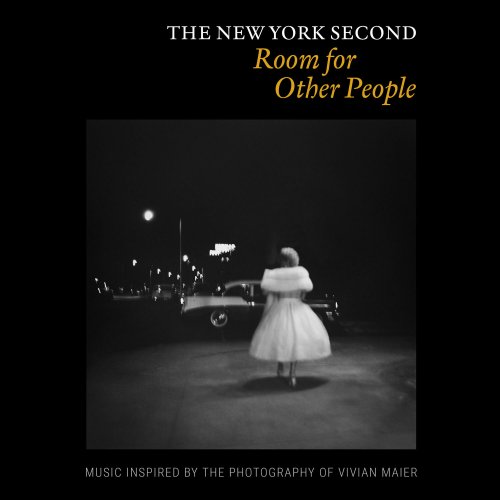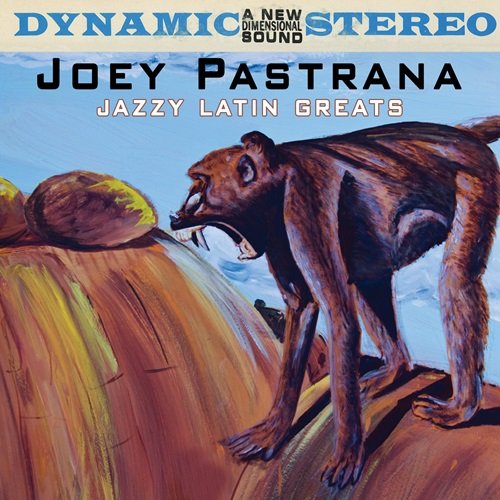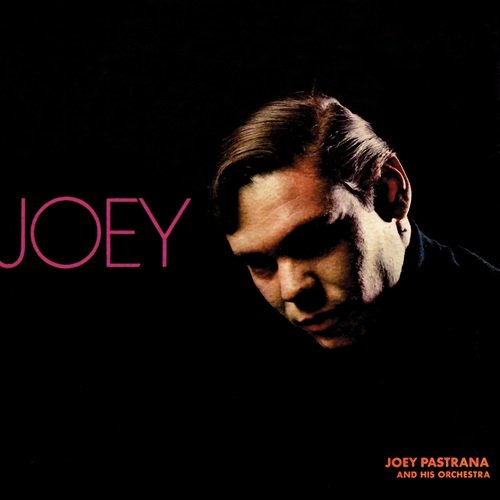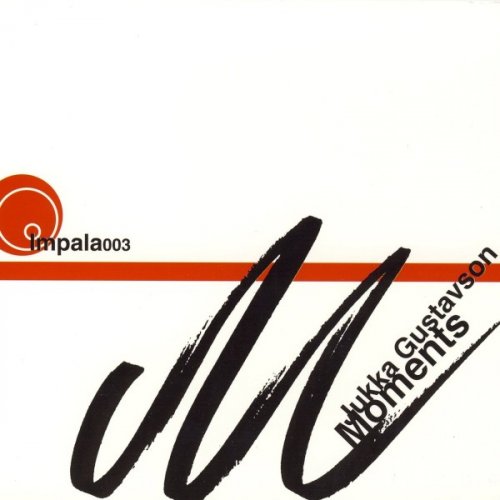Arnfinn Tobiassen - Credo (A Composer Portrait of Trond H.F. Kverno) (2015)
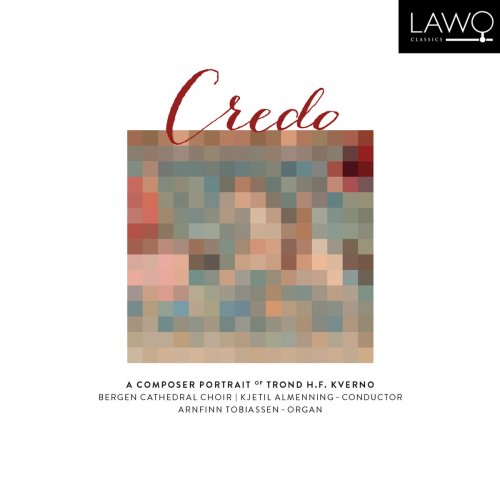
Artist: Arnfinn Tobiassen
Title: Credo (A Composer Portrait of Trond H.F. Kverno)
Year Of Release: 2015
Label: Lawo Classics
Genre: Classical
Quality: FLAC (tracks+booklet)
Total Time: 65:00 min
Total Size: 231 MB
WebSite: Album Preview
Tracklist:Title: Credo (A Composer Portrait of Trond H.F. Kverno)
Year Of Release: 2015
Label: Lawo Classics
Genre: Classical
Quality: FLAC (tracks+booklet)
Total Time: 65:00 min
Total Size: 231 MB
WebSite: Album Preview
01. Intrada over en norsk langeleiklåt
02. Canticum Zachariae
03. Toccata over :Herre Gud, ditt dyre navn og ære:
04. Stabat Mater Dolorosa
05. Agnus Dei
06. Salve Regina
07. Triptychon II: Olav Åsteson – Rex perpetuus Norvegiae
08. Triptychon II: Sæle Gullmor mi – Sancta Dei Genitrix
09. Triptychon II: Sankte Såle-Mikkjel – Signifer sanctus Michaël
10. Ave Maria
11. Intrada over hymnen :Rex Olavus:
12. Tre folketonefantasier: Fantasi 1. Inga litimor
13. Tre folketonefantasier: Fantasi 2. Å kongen han stod ved høgelofts sval
14. Tre folketonefantasier: Fantasi 3. Gudmund og Signe-liti
15. Symbolum Nicaenum
The new CD from Bergen Cathedral Choir and organist Arnfinn Tobiassen is an homage to Norwegian contemporary composer Trond H.F. Kverno. The listener is introduced to both his choral work, as well as his works inspired by medieval ballads and Norwegian folklore.
Trond H.F. Kverno is, and always has been, a composer for voice. His prolific output includes innumerable hymns, songs, masses, choral and congregational liturgical settings, motets in a variety of formats, and large-scale choral works. It is impossible to talk about Kverno's choral music without specific mention of his harmonisation. While his melodies are unique, his harmonisation is no less so. The close link between tune and harmony in his pieces is almost unmatched in the wider European context. His style ranges from pieces of Renaissance simplicity, via Bach-like chorales and monumental Romantic works to modern hymn tunes with daring harmonies – but never at the expense of a highly singable tune.
Kverno has a deep and lasting relationship to Norwegian religious folk tunes. He claims that his entire output has been devoted to the task of composing around the melodies of the Norwegian mediaeval visionary poem Draumkvedet (The Dream Ballad). Whilst this rather sweeping statement may be taken with a slight pinch of salt, it highlights how Norwegian folk music has been a constant source of inspiration for Kverno as a composer for the human voice. Throughout his works we sense an underlying connection to this cultural heritage, although he rarely simply quotes folk tunes in his compositions. Rather, he has absorbed the folk music of his native Norway into the fibre of his being, incorporating its essence into his distinctly personal and original style.
Trond H.F. Kverno is, and always has been, a composer for voice. His prolific output includes innumerable hymns, songs, masses, choral and congregational liturgical settings, motets in a variety of formats, and large-scale choral works. It is impossible to talk about Kverno's choral music without specific mention of his harmonisation. While his melodies are unique, his harmonisation is no less so. The close link between tune and harmony in his pieces is almost unmatched in the wider European context. His style ranges from pieces of Renaissance simplicity, via Bach-like chorales and monumental Romantic works to modern hymn tunes with daring harmonies – but never at the expense of a highly singable tune.
Kverno has a deep and lasting relationship to Norwegian religious folk tunes. He claims that his entire output has been devoted to the task of composing around the melodies of the Norwegian mediaeval visionary poem Draumkvedet (The Dream Ballad). Whilst this rather sweeping statement may be taken with a slight pinch of salt, it highlights how Norwegian folk music has been a constant source of inspiration for Kverno as a composer for the human voice. Throughout his works we sense an underlying connection to this cultural heritage, although he rarely simply quotes folk tunes in his compositions. Rather, he has absorbed the folk music of his native Norway into the fibre of his being, incorporating its essence into his distinctly personal and original style.
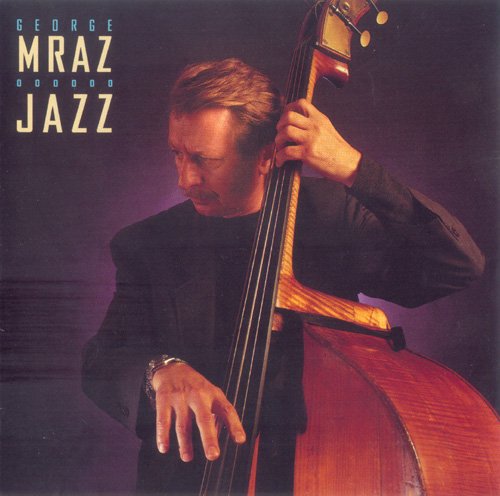
![Abraham Réunion - Jaden an nou (2026) [Hi-Res] Abraham Réunion - Jaden an nou (2026) [Hi-Res]](https://www.dibpic.com/uploads/posts/2026-02/1770745777_folder.jpg)
![Zoë de Priester - Can You Hear Me? (2026) [Hi-Res] Zoë de Priester - Can You Hear Me? (2026) [Hi-Res]](https://www.dibpic.com/uploads/posts/2026-02/1770745033_folder.jpg)
![Andreas Røysum Ensemble - Andreas Røysum Ensemble with Marvin Tate (2025) [Hi-Res] Andreas Røysum Ensemble - Andreas Røysum Ensemble with Marvin Tate (2025) [Hi-Res]](https://img.israbox.com/img/2026-02/09/ykeodm7hf0rcmt815qdtlvyfd.jpg)
